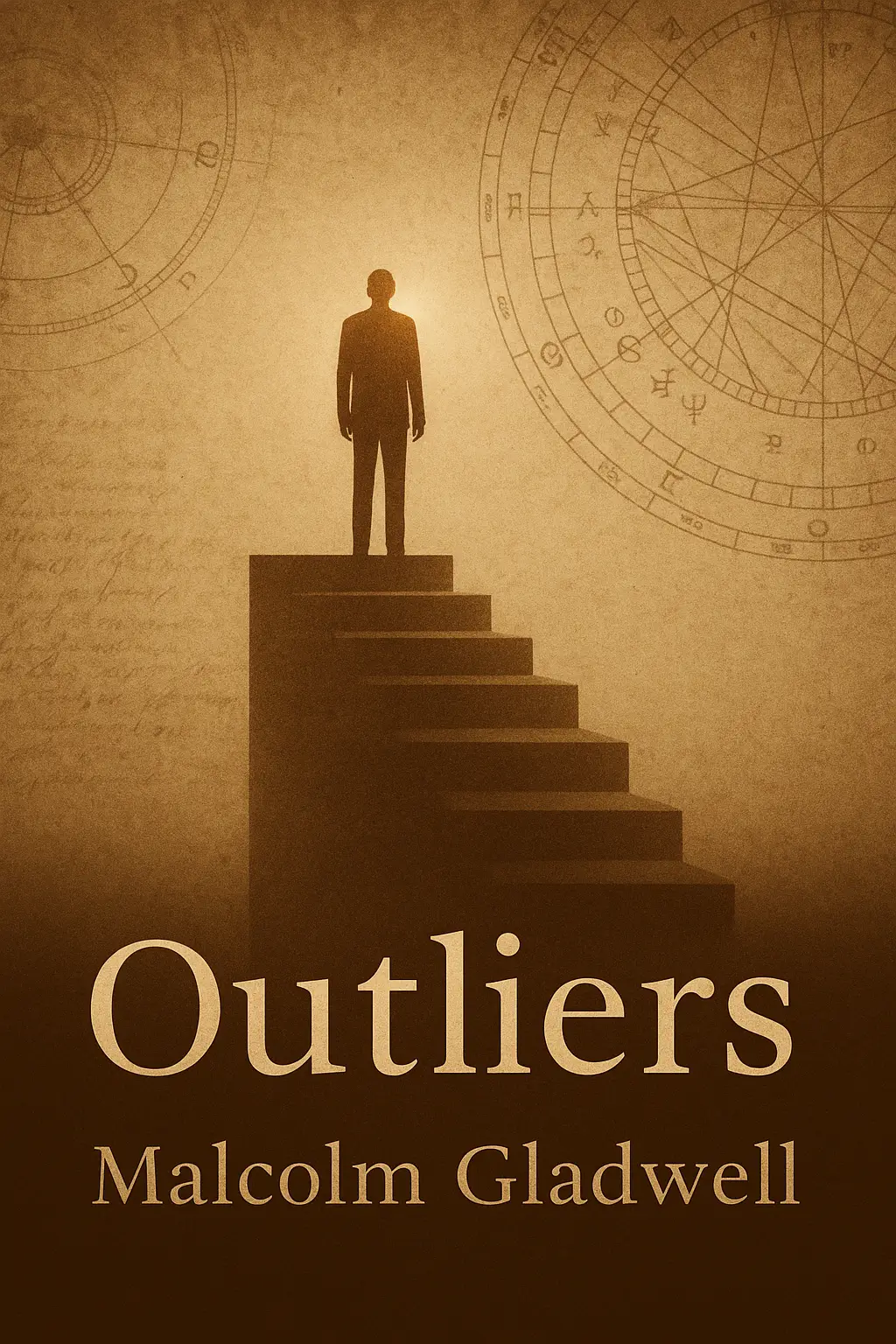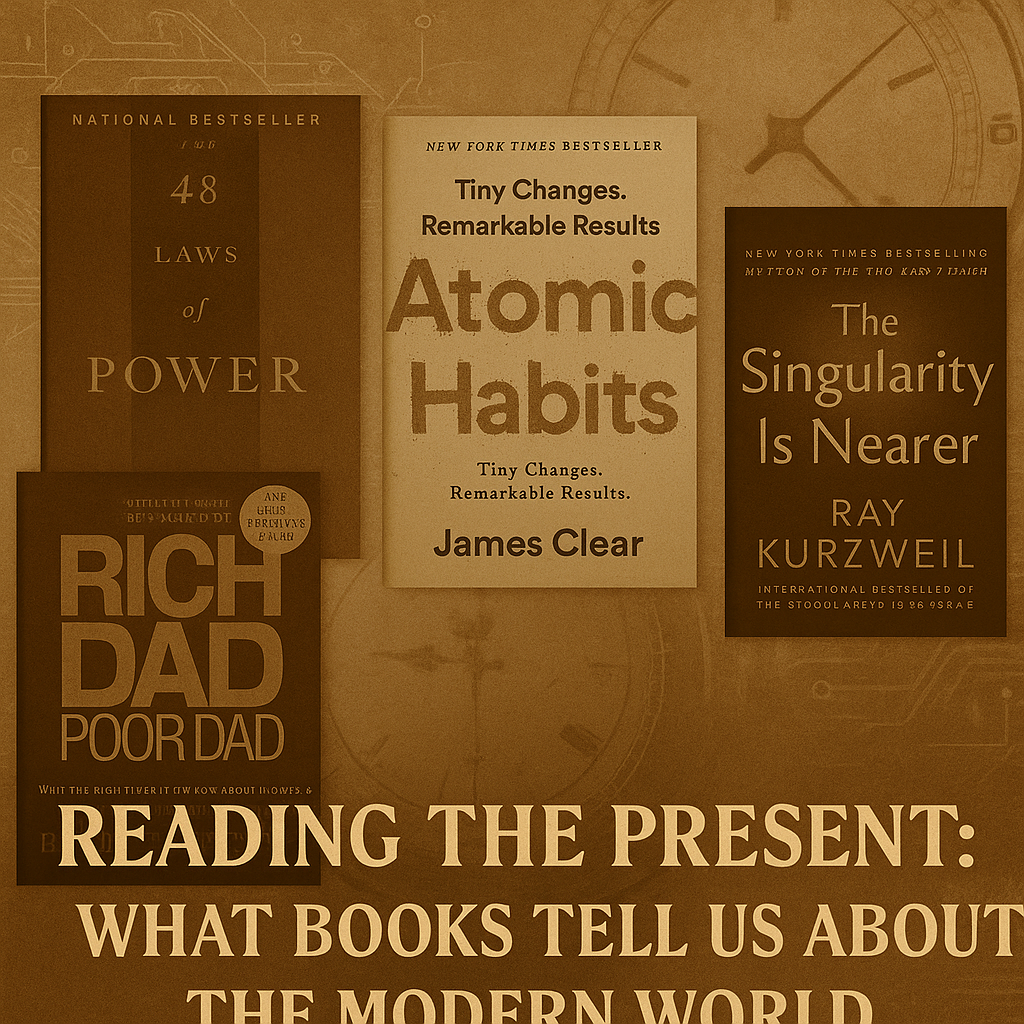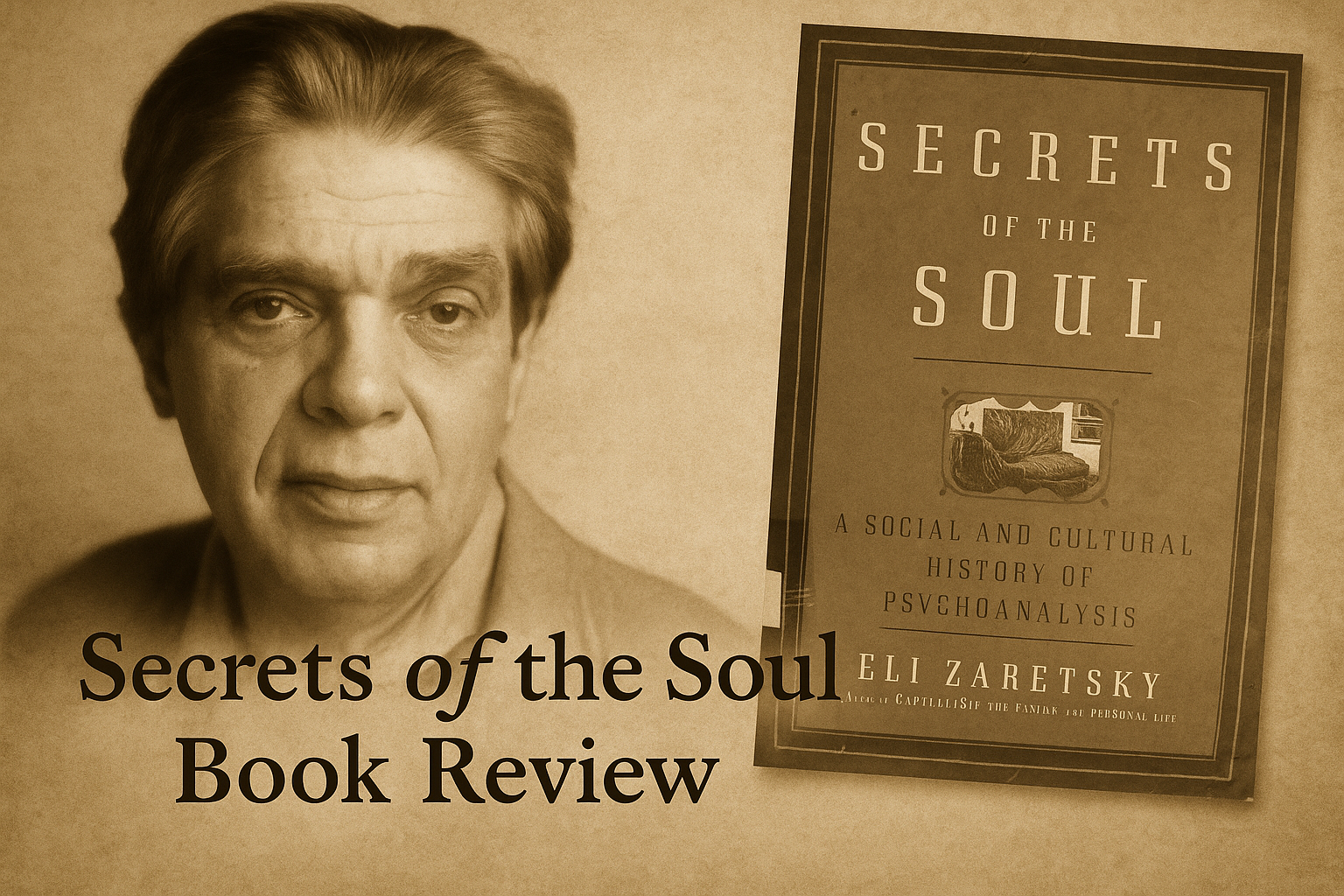Introduction
When Malcolm Gladwell released Outliers: The Story of Success in 2008, it quickly became a global bestseller. Unlike traditional self-help books that credit individual talent, Gladwell reframed success as the product of hidden patterns: opportunity, culture, timing, and practice. With his trademark storytelling, he argued that the myth of the self-made genius is incomplete. Instead, extraordinary achievement emerges from circumstances as much as from ability. In a world obsessed with individual triumph, Outliers offered both humility and insight: success, Gladwell insisted, is never just about you.
The 10,000-Hour Rule
The most famous concept from Outliers is the “10,000-Hour Rule.” Drawing on research by psychologist Anders Ericsson, Gladwell argues that mastery in any field—whether music, sports, or technology—requires roughly 10,000 hours of deliberate practice. The Beatles honed their craft in Hamburg, Bill Gates coded obsessively as a teenager, and hockey players trained relentlessly. Talent may open the door, but time invested slams it open.
This idea resonated deeply with readers because it democratized achievement. Genius was no longer a mysterious gift but something cultivated through sustained effort. Yet it also challenged the culture of shortcuts, reminding readers that greatness demands endurance.
The Hidden Power of Opportunity
Gladwell’s deeper argument, however, lies in opportunity. He highlights how external circumstances—birth date, cultural background, access to resources—shape destiny. Canadian hockey stars are disproportionately born in early months of the year, benefiting from age-based youth leagues. Gates succeeded partly because he had early access to computers. Success stories, Gladwell insists, are not isolated miracles but products of systems.
This reframing is liberating and unsettling. It liberates because it explains why hard work alone is not always enough; it unsettles because it reveals how unevenly opportunities are distributed.
Culture and Legacy
Another powerful theme in Outliers is cultural legacy. Gladwell examines how deeply ingrained traditions—whether in language, family, or history—shape behavior. His analysis of Korean Air’s crash record in the 1980s shows how hierarchical communication patterns contributed to accidents, while changes in cockpit culture later improved safety. Similarly, his study of Asian students’ math success highlights cultural attitudes toward persistence.
By linking culture to performance, Gladwell expanded the conversation beyond individuals to societies. Success, he shows, is never isolated from history.
Why It Resonates Today
In an age obsessed with personal branding and entrepreneurial myth-making, Outliers serves as a corrective. It punctures the illusion of the lone genius and replaces it with a more complex, interdependent story. Readers embrace it because it resonates with their lived experiences: they recognize the role of timing, luck, and social context in their own lives.
At the same time, the book offers hope. If success is systemic, then societies can design better systems. Educational reform, access to opportunity, and cultural change can expand the pool of outliers.
Critique and Limits
Critics argue that Gladwell oversimplifies research, turning nuanced studies into catchy narratives. The 10,000-hour rule, in particular, has been challenged: deliberate practice matters, but innate talent and opportunity still play crucial roles. Yet even with its simplifications, Gladwell’s book succeeded where technical papers could not—it brought complex insights into the public imagination.
Conclusion – Success Beyond the Self
Outliers remains one of the most influential books on success because it tells a story bigger than the individual. It reminds readers that greatness is not only about effort but about systems, culture, and timing. In a world where people are taught to glorify the self-made myth, Gladwell’s narrative restores perspective: extraordinary success is never a solo act—it is always a duet between individual effort and external opportunity.





